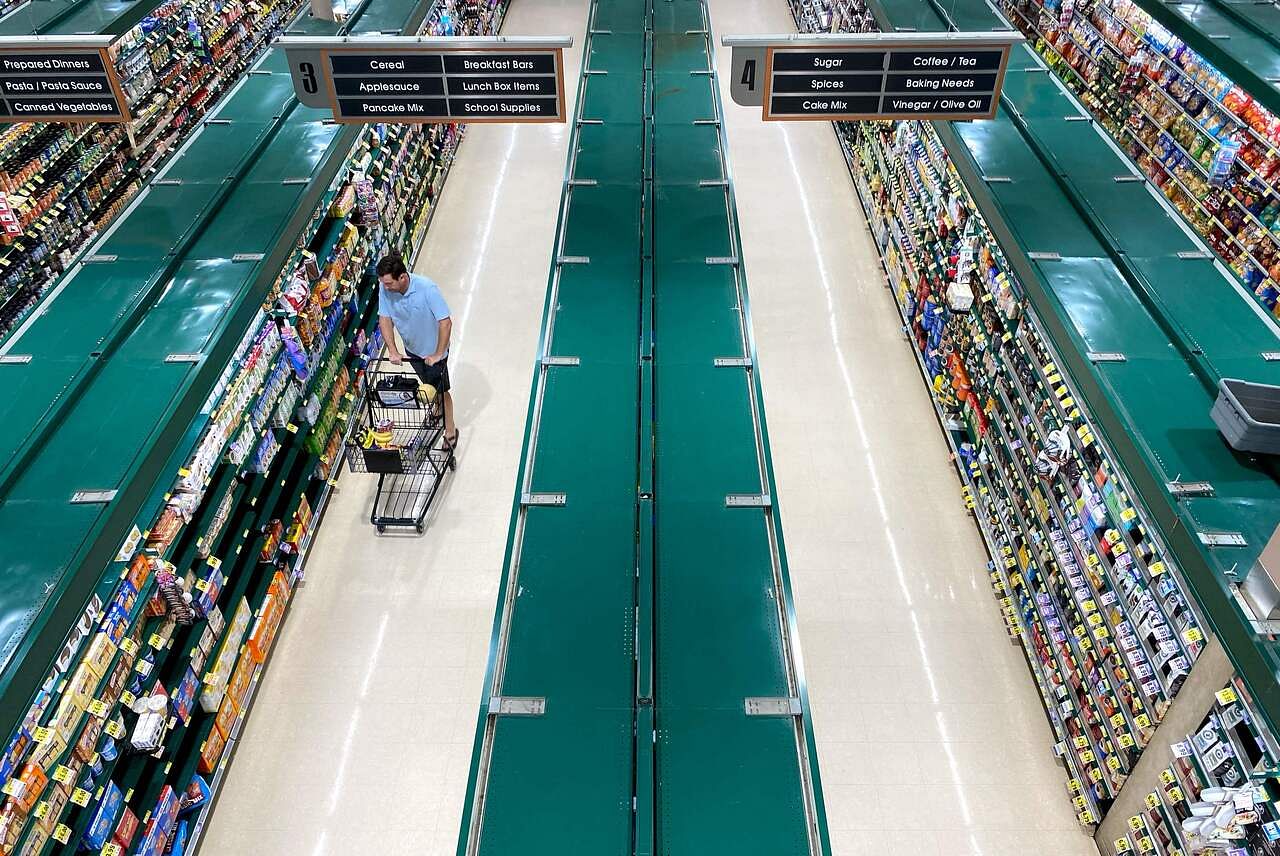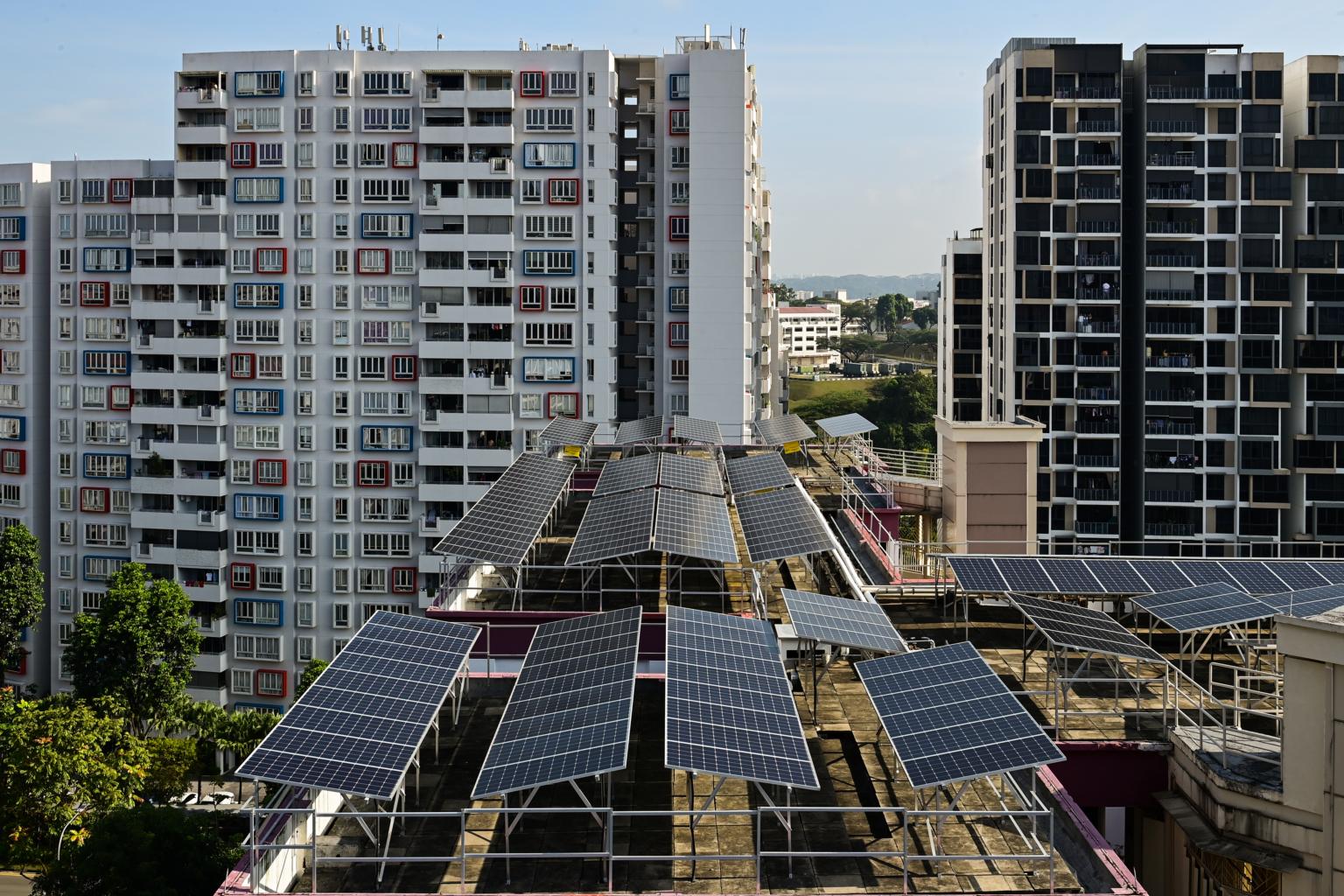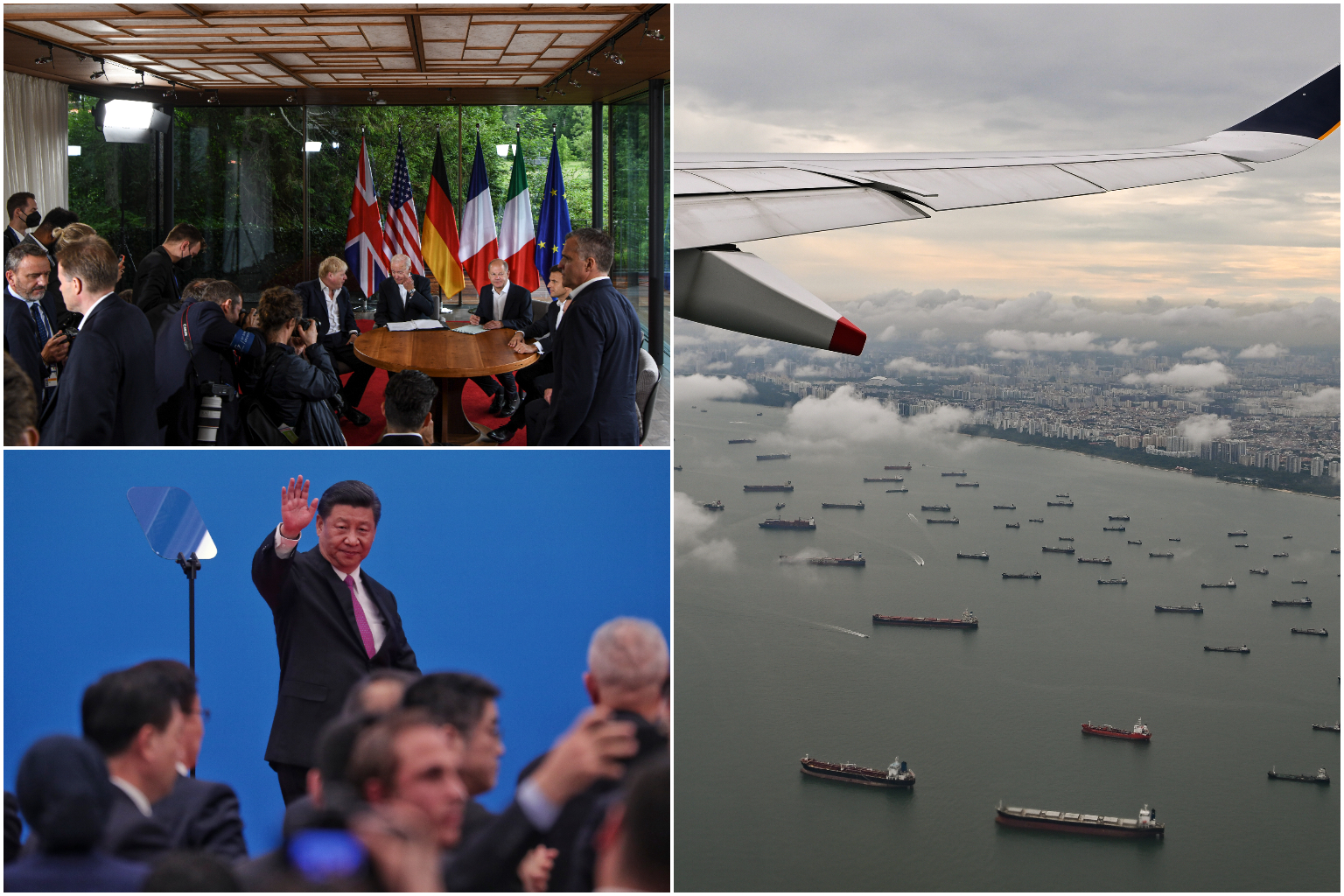Sanctions on Russia contribute to surge in prices

The global economy faces significant headwinds in the coming years as the war in Ukraine grinds on, and experts expect countries most affected by supply chain breakdowns and commodity shortages to produce more essential goods locally.
Coming on the heels of a pandemic that triggered persistent supply chain disruptions worldwide, Russia's invasion of Ukraine in February led to a chain reaction of commodity shortages overnight and spiralling prices.
Countries are "scrambling to find other sources of natural gas, wheat and oil as they look to develop other trade relationships", said Dr John Feffer, director of foreign policy in focus at the US-based Institute for Policy Studies.
Ukraine war will hurt Singapore's economic growth but not all is lost

The fallout from the Ukraine war is boosting inflation and bleeding economies worldwide, which in turn has dampened trade-driven Singapore’s growth outlook while threatening to send living costs sky high.
Unfortunately, the way to tame inflation before it becomes entrenched is to allow the cost of borrowing to rise, usually seen as a growth-busting option.
Around 60 central banks have raised their interest rates. Singapore, which uses its currency as the main monetary policy tool, has been pushing the Singapore dollar’s trade-weighted value higher since last October.
Electricity, petrol prices in S'pore to keep rising as global supply outlook worsens

Singaporeans must brace themselves for high electricity and petrol prices over a protracted period as the global supply of motor fuels such as petroleum and diesel remains tight due to limited production capacity, while Europe scrambles to replace energy imports from Russia.
Prices were already elevated due to increased economic activity amid the post-pandemic recovery before Russia invaded Ukraine on Feb 24.
But, since mid-March, fuel costs for end users around the world have spiked, following the deep rippling effects of the war.
Renewable energy solutions not the silver bullet to Singapore's energy conundrum

Renewable energy sources can supplement only a small portion of Singapore's energy mix and are unlikely to completely replace traditional fuels such as oil and gas in the next two decades, according to industry sources.
Rystad Energy, an independent energy research and business intelligence company, said that based on its current forecast, Singapore could potentially have renewables replace about 9 per cent of the power mix by 2030 and up to 25 per cent by 2050.
The Republic depends on imported gas for about 95 per cent of its electricity needs, making it extremely vulnerable to swings in supply-demand fundamentals globally.
Some F&B outlets in S'pore may raise prices even as they absorb costs for now

As the Russia-Ukraine war enters its fifth month, food and beverage (F&B) business owners in Singapore are concerned about survival as operating costs rise.
Businesses said they are absorbing costs for now, but they cannot hold on for much longer.
"Every other day, I get a call from my suppliers telling me that the prices of ingredients - butter, egg, flour - have been revised," said Ms Dewi Imelda Wadhwa, 44, founder of All Things Delicious, a bakery and cafe in Arab Street.
Polarised global economy could break into distinct blocs

Increased polarisation of the global economy over Russia's war in Ukraine could portend the emergence of distinct geopolitical blocs, with decades-old supply chains, trade ties and cross-border payment systems severed permanently in a so-called "fragmentation" of the global economy, experts have warned.
"Since the early 1980s, for nearly four decades, the world leaders seemed determined to integrate the global economic system. Now they are equally resolute in fragmenting it, though they won't characterise it as such," said Dr Deepak Mishra, director and chief executive of the Indian Council for Research on International Economic Relations.
He indicated that one had to only "connect the dots" to see that fragmentation is already under way.
